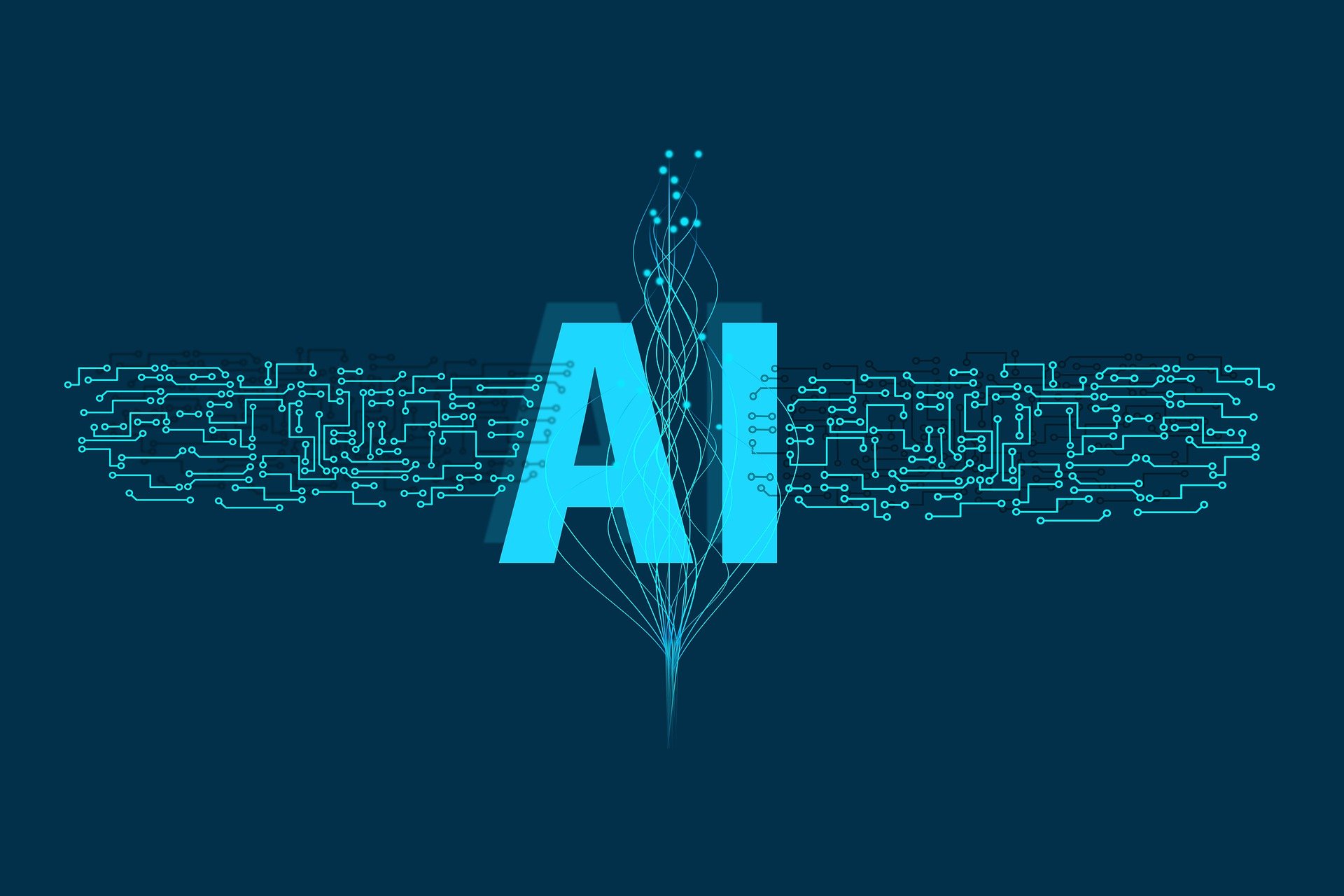In the June 2021 issue of Dental News, a team of dental professors, graduate students, and computer researchers from Montreal published an article summarizing basic information and current trends relating to the use of artificial intelligence (AI) in dental care. "When applied to medicine and dentistry, AI has tremendous potential to improve patient care and revolutionize the health care field. In dentistry, AI is being investigated for a variety of purposes, specifically identification of normal and abnormal structures, diagnosis of diseases and prediction of treatment outcomes." In other words, AI has the potential to augment dental professionals' ability to care for their patients. But what is artificial intelligence, and just what are the benefits to using it?
What is AI?
Artificial Intelligence, according to the authors of the Dental News article, "is a branch of computer science that aims to understand and build intelligent entities, often instantiated as software programs." In simpler terms, it's the use of computer programs to assess and solve complex problems that have historically been the domains of highly trained human professionals.
To accomplish this, AI engineers create computers systems that employ specific rules to solve complex problems. In the early days of AI research, these rules were shaped and directed by humans, but more modern AI systems are capable of learning and solving problems on their own by examining huge sets of data. For example, if you wanted to create an AI that could diagnose the common cold, you could feed a set of diagnostic criteria as well as information from past cases of the common cold into the program. The AI would then examine all of that data and use it as a reference when examining new patients. Computers can sift through loads of information much faster than humans can, so a diagnostic AI of this kind could learn and begin applying knowledge is short period of time, compared to a human professional who would need years of training to perform the same task. Newer AI of this kind, which doesn't need guidance from human operators, is called machine learning. As we will see, machine learning has numerous applications for dental care.
Artificial Intelligence & Dentistry
Dentists can employ AI systems for a variety of diagnostic and clinical tasks, according to the article. These include analyzing radiological imagery, crafting plans for orthodontic patients, detecting and classifying both aggressive and chronic periodontal disease, diagnosing endodontal problems without exposure to high levels of radiation, and detecting oral lesions and cancers. What's more, many modern AI systems' accuracy rivals that of human clinicians when used properly.
AI systems aren't without their pitfalls, however. As the article points out, massive amounts of data are necessary for any AI program to be useful. In a medical context, as we've written about before, this means that patients must willingly give up their data for analysis. It's not clear how many patients would be willing to do this, and laws relating to privacy may prevent it anyway. Not to mention that even if a patient willingly gives up their data, it may still be at risk if the AI platform an office uses is compromised in some way (like, say, in a cyber attack). As such, it's easy to understand why patients may be hesitant to share their information.
Lastly, it's important to know that AI as a field of computer science is still very much a work in progress. Even with high accuracy rates, there are many blind spots, so to speak, in AI computers. For example, poor quality source data--data that's not labeled clearly, uses misleading or ambiguous annotations, or employs shoddy research methods--will inevitably produce unhelpful, even dangerous, results in the AI program.
In short, dentists can use AI to improve their patient care in a variety of ways but only if they do their due diligence. Knowledgeable managed IT specialists, like the ones at Titan Tech, can help you explore options relating to AI and guide you towards using it in a way that's both helpful and accurate. If you'd like learn more about Titan Tech's services, fill out their contact form to schedule a free consultation.
And join us again on Thursday for more tech news.

